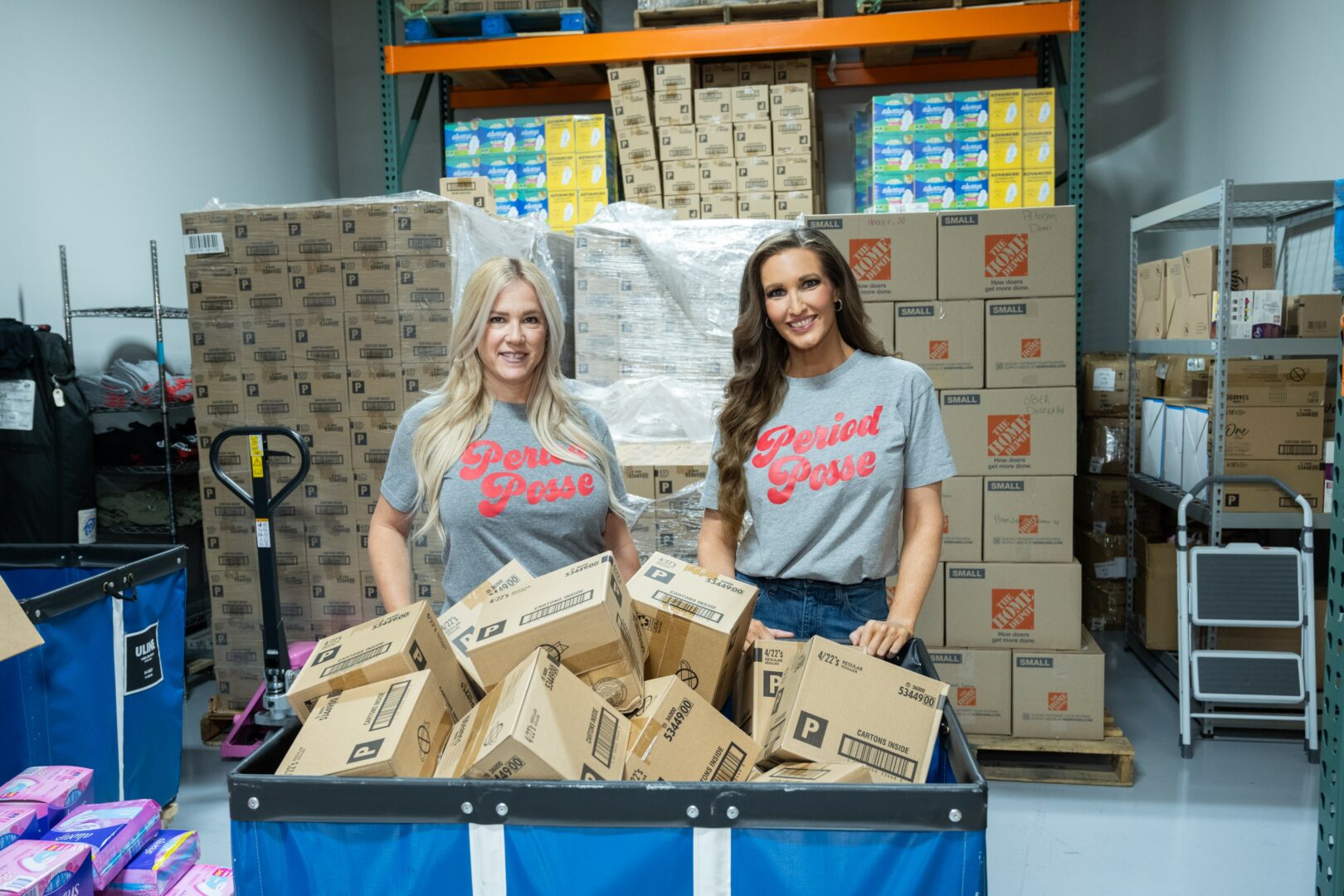We’re looking forward to introducing you to Wendi Schweigart. Check out our conversation below.
Good morning Wendi, it’s such a great way to kick off the day – I think our readers will love hearing your stories, experiences and about how you think about life and work. Let’s jump right in? What’s more important to you—intelligence, energy, or integrity?
In my opinion integrity is the most important quality.
Can you briefly introduce yourself and share what makes you or your brand unique?
My name is Wendi Schweigart and I am the Founder of Project Marilyn. Project Marilyn, named after my mother Marilyn, is the only nonprofit in Nevada that is solely dedicated to ending period poverty. My mother passed away in 2011 and when she died she told me that she felt like she’d never done anything with her life, she’d never made an impact on anyone. It is my absolute delight to be able to give women dignity in her honor.
Amazing, so let’s take a moment to go back in time. What’s a moment that really shaped how you see the world?
The moment that shaped how I saw the world was the day my mom died. I was 8 months pregnant with my first child and, as she was dying, he was growing inside me. I had never been more confused about my life. Up until that point I really thought that we had power to change things. However, in that moment, I realized that the world is set into motion and all we can do is navigate. So now, instead of trying to move the road in front of me, I travel down it with the most intention I can muster. I work to improve reality as I’m experiencing it and try to better the lives of others in real time.
When you were sad or scared as a child, what helped?
I love this question because it’s often something I think about. When I was sad or scared as a child my mom would say: “Close your eyes and dream of something wonderful. Tomorrow is a new day, the sun will shine and you’ll feel better.”
The messaging that tomorrow was a new day which would bring a new perspective always gave me comfort. Do not give up, tomorrow is a new day.
Alright, so if you are open to it, let’s explore some philosophical questions that touch on your values and worldview. Is the public version of you the real you?
The public version of me is the real me, minus a few choice curse words. Honestly, I don’t know any other way to be then authentic at all costs. My pursuit of being authentically me has been a blessing and a curse. It has given me the biggest wins and also the most bitter of losses. At the end of the day, love or me hate me, but never say I didn’t try my hardest.
Before we go, we’d love to hear your thoughts on some longer-run, legacy type questions. What false labels are you still carrying?
I’m carrying the label of “the good girl.” It’s a label I chose early on and I learned to wear well—quiet, agreeable, self-sacrificing, always keeping the peace. I’m 48 now, and I’m ready to let it go.
I don’t want to be “the good girl” anymore. I want to speak my mind without over-explaining. I want to say no without guilt. I want to make choices for me, not for approval. But the truth is, I’m scared. Scared of the discomfort that might come with losing people’s approval.
I need to realize that I am good but not because I don’t make waves. I’m strong, capable, intuitive and those parts of me matter, even when they’re messy or inconvenient. Letting go of this label feels like unlearning a lifetime of people please behavior but it’s time.
Contact Info:
- Website: https://www.projectmarilyn.com
- Instagram: project.marilyn.lv
- Linkedin: project marilyn inc
- Facebook: projectmarilynlv
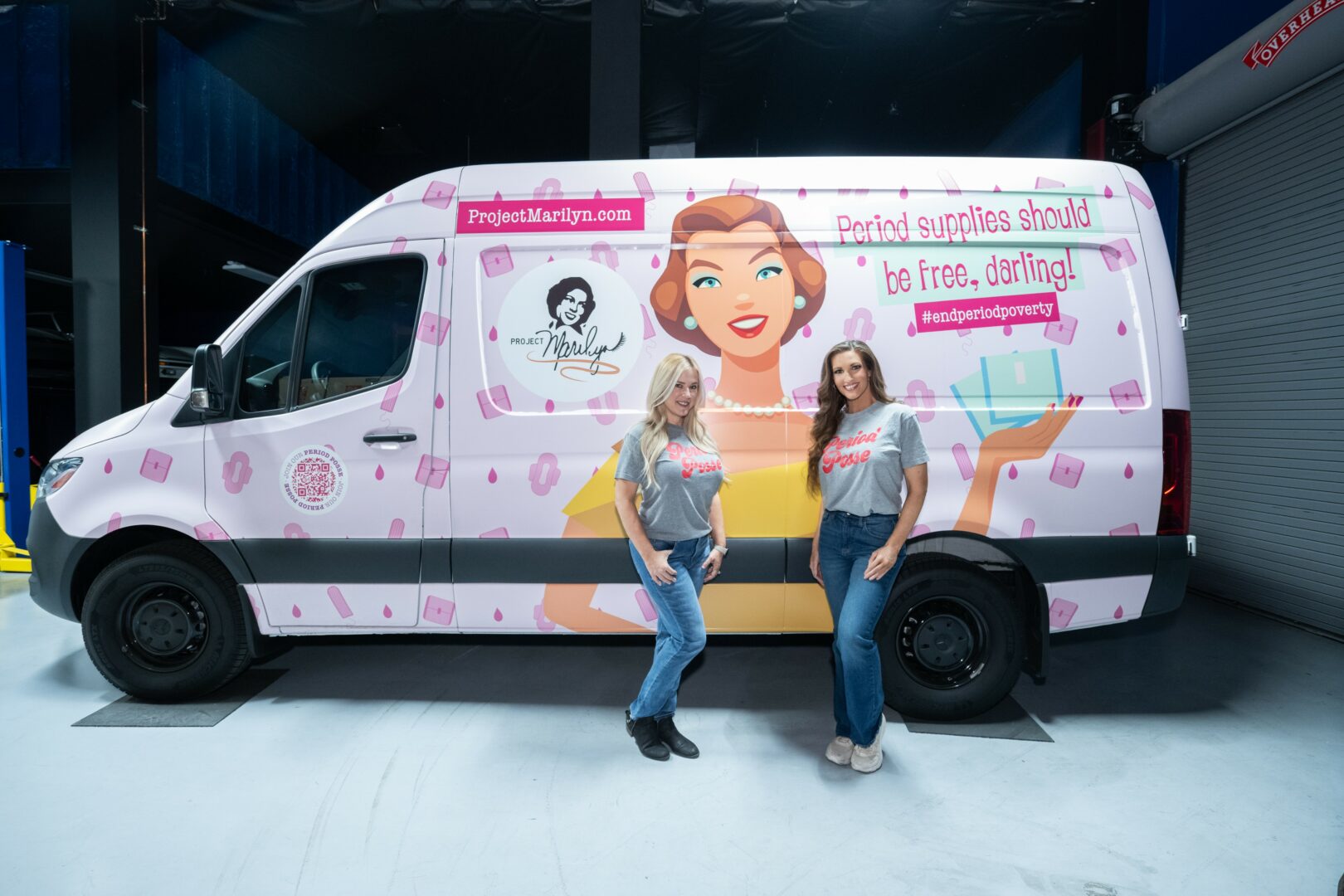
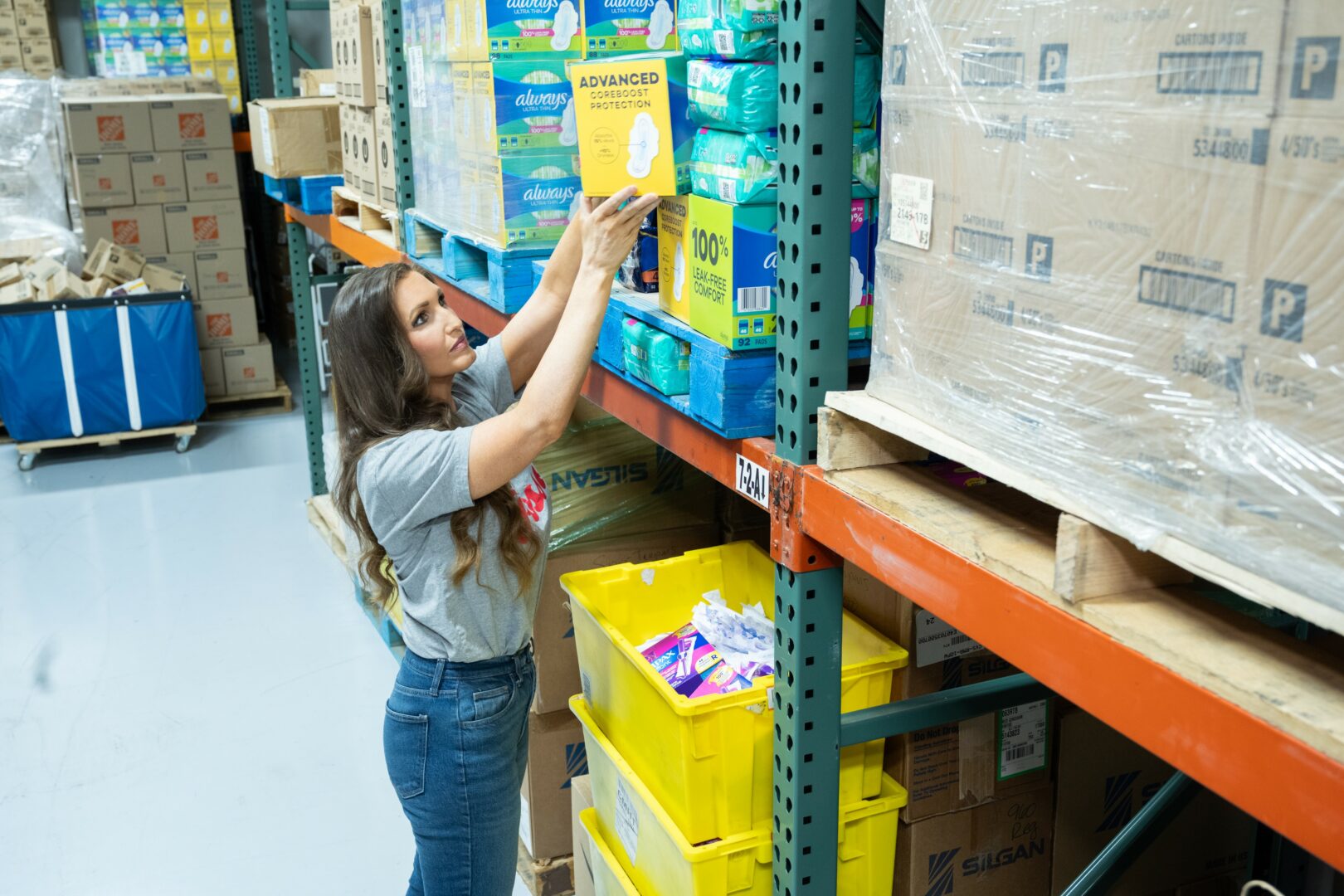
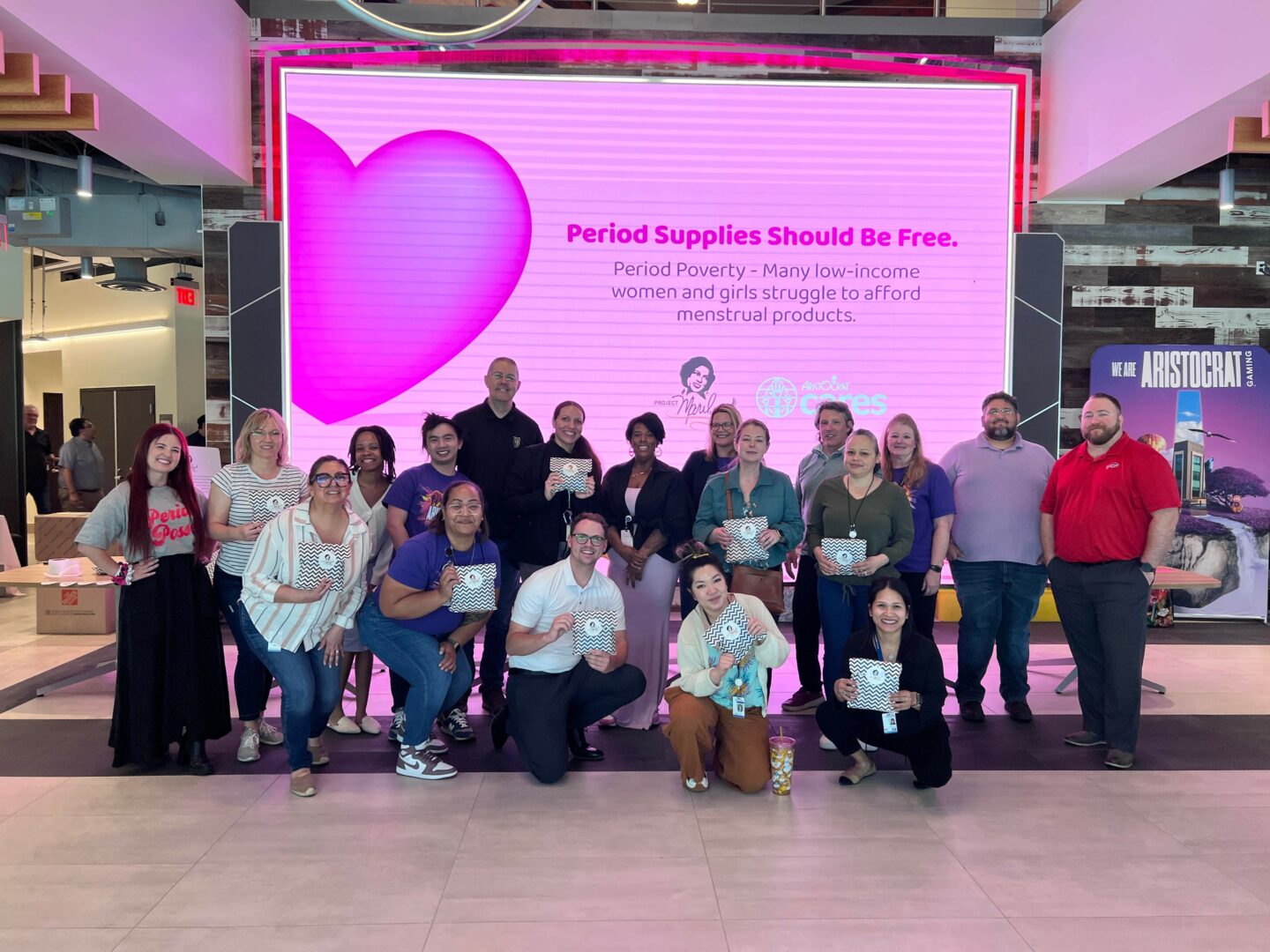
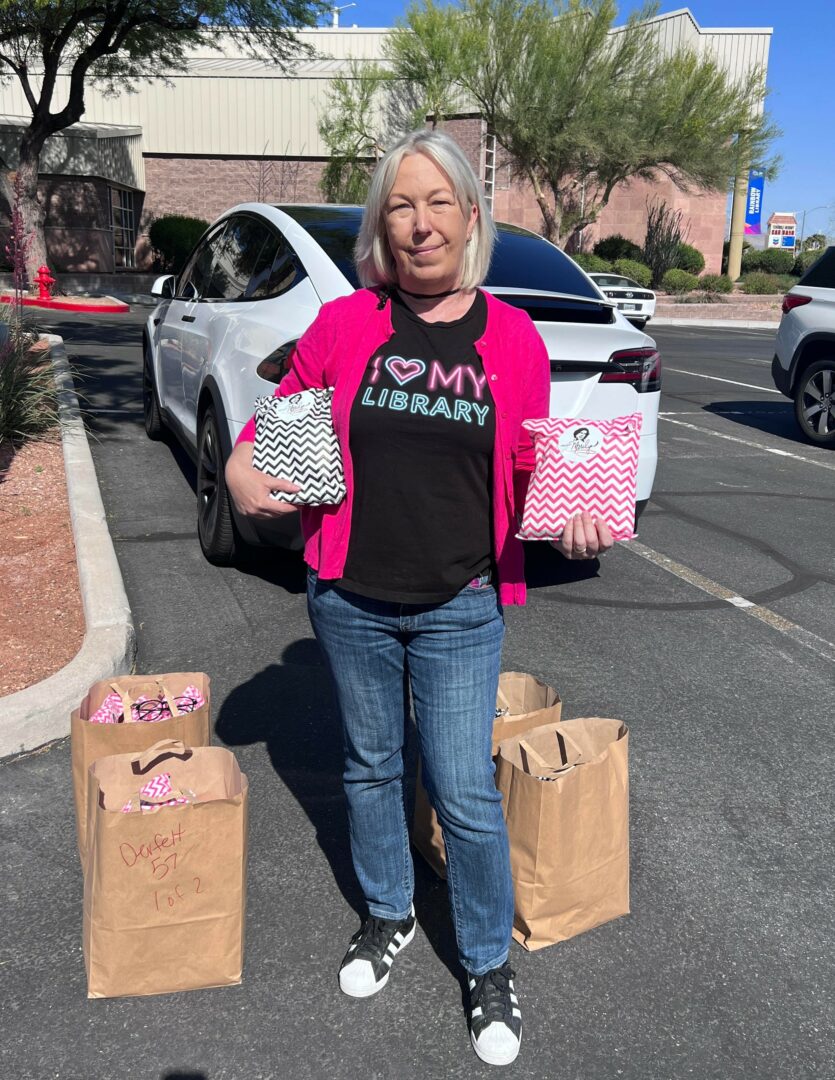
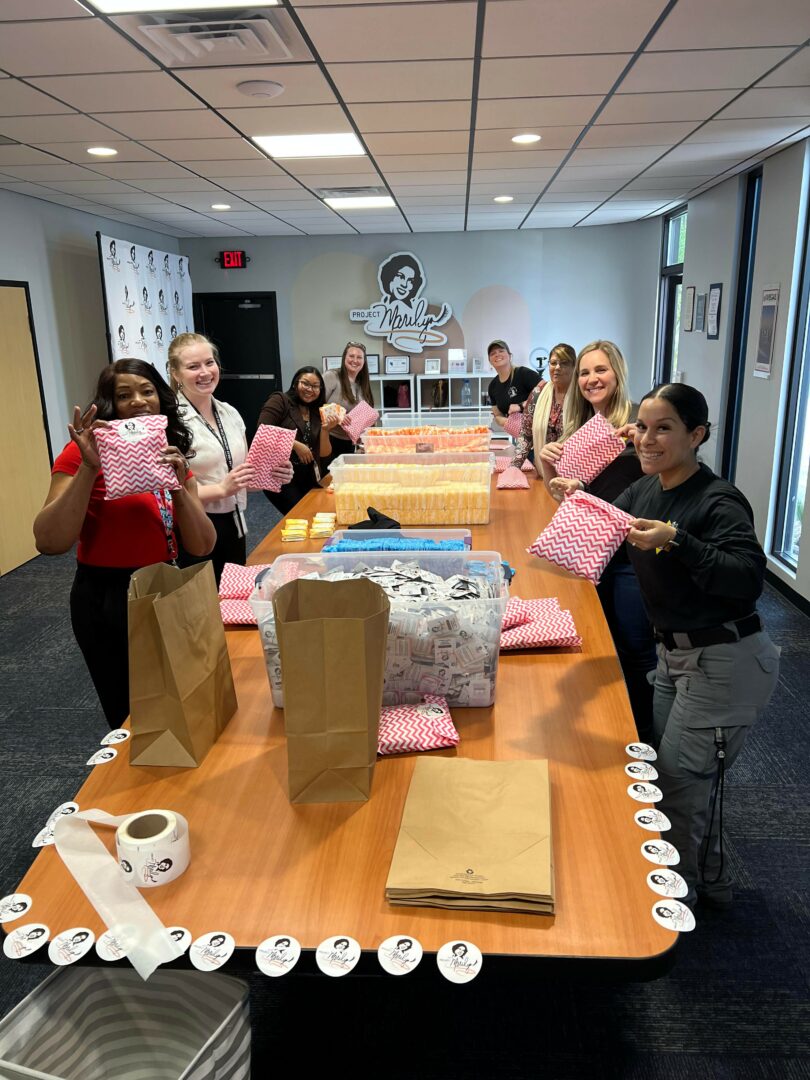
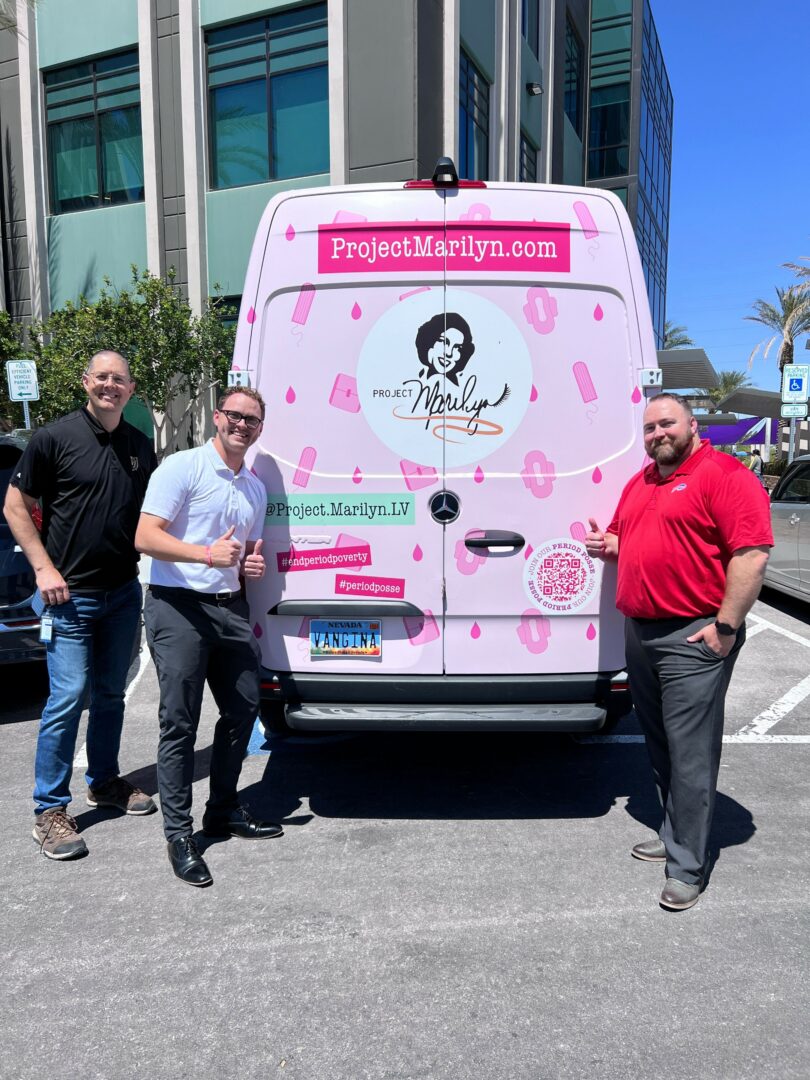
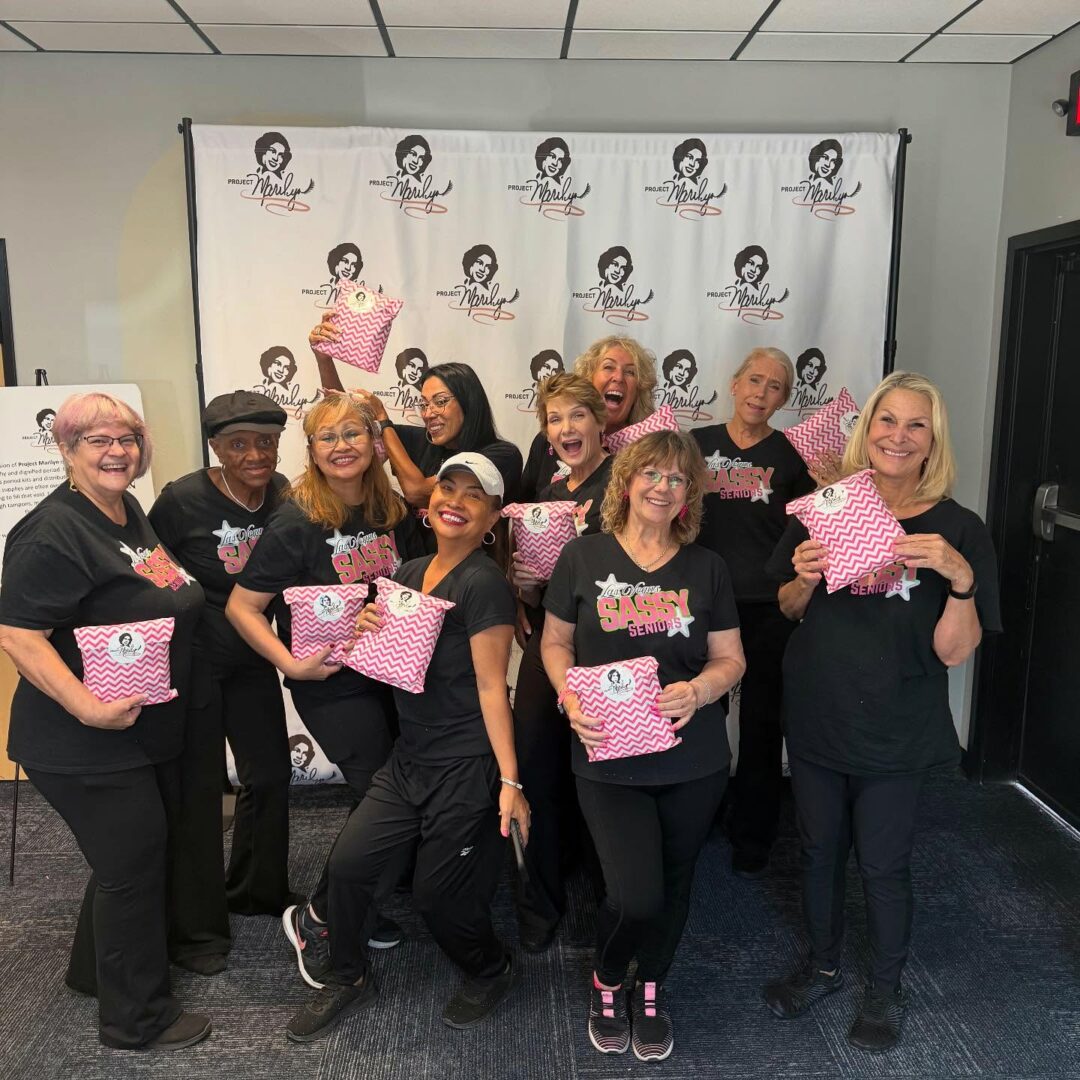
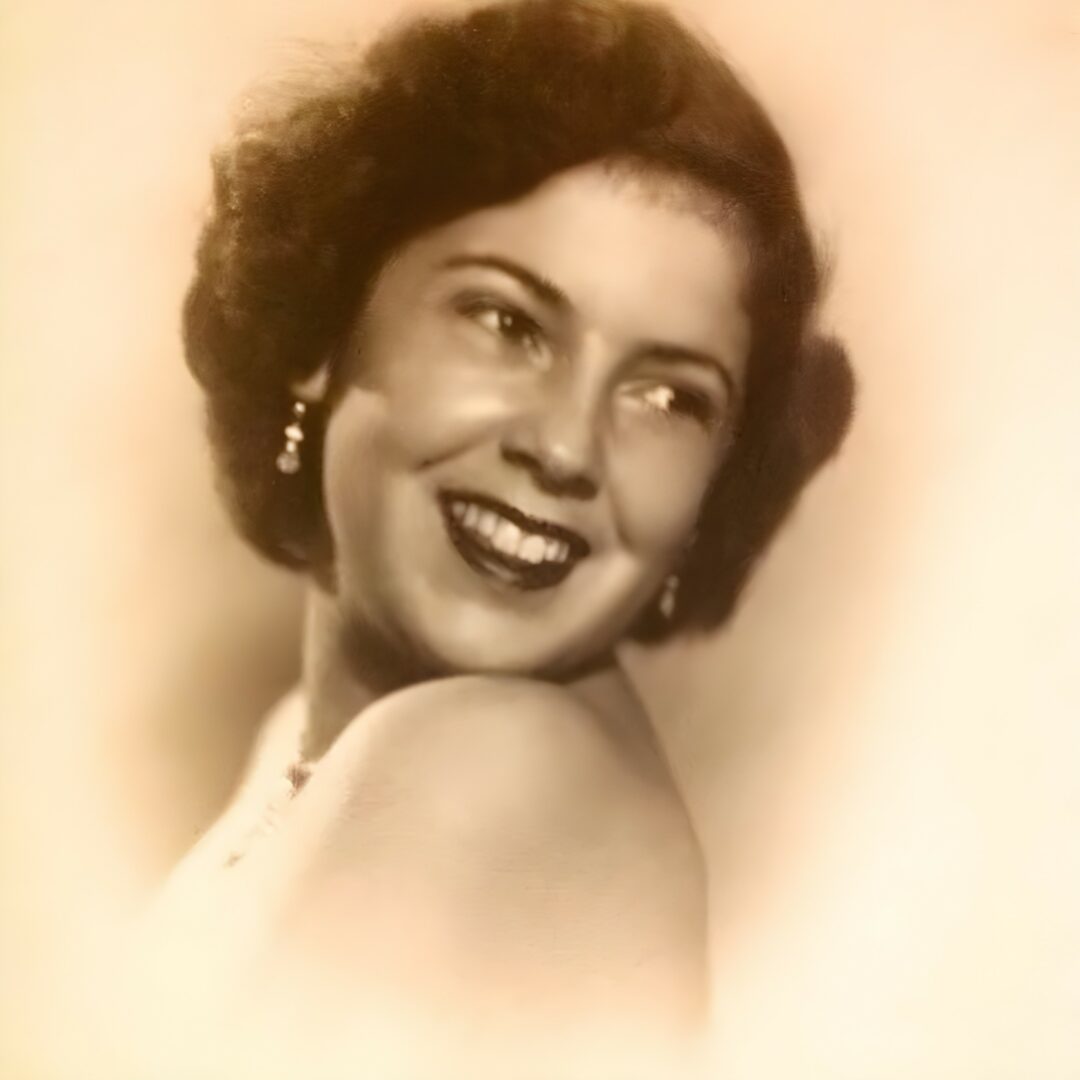
Image Credits
Dragonfly Portrait Design
so if you or someone you know deserves recognition please let us know here.

